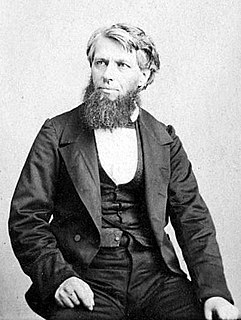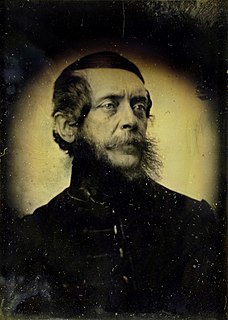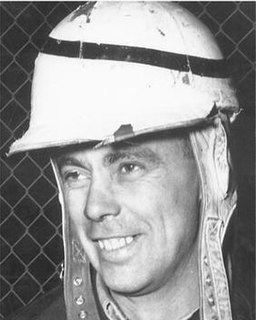A Quote by Marcus Tullius Cicero
It is the character of a brave and resolute man not to be ruffled by adversity and not to desert his post.
Related Quotes
There is a sort of natural instinct of human dignity in the heart of man which steels his very nerves not to bend beneath the heavy blows of a great adversity. The palm-tree grows best beneath a ponderous weight, even so the character of man. There is no merit in it, it is a law of psychology. The petty pangs of small daily cares have often bent the character of men, but great misfortunes seldom. There is less danger in this than in great good luck.
A man's character is like his house. If he tears boards off his house and burns them to keep himself warm and comfortable, his house soon becomes a ruin. If he tells lies to be able to do the things he shouldn't do but wants to, his character will soon become a ruin. A man with a ruined character is a shame on the face of the earth.








































